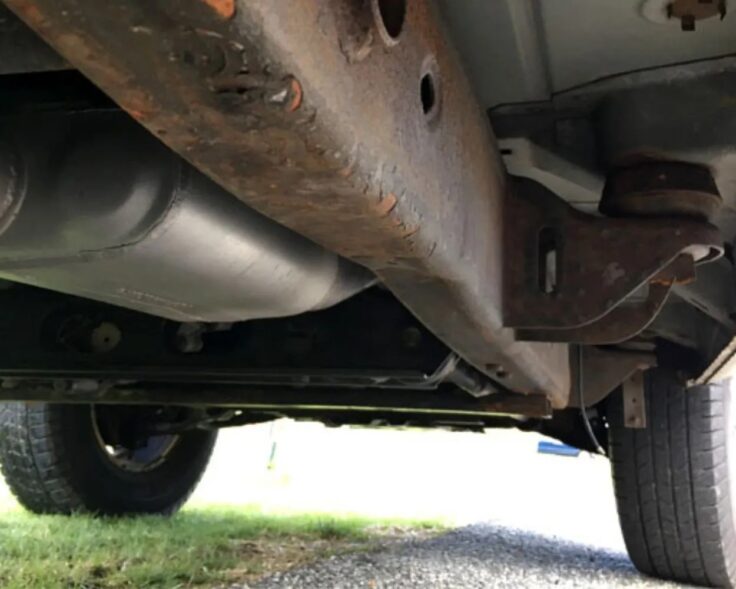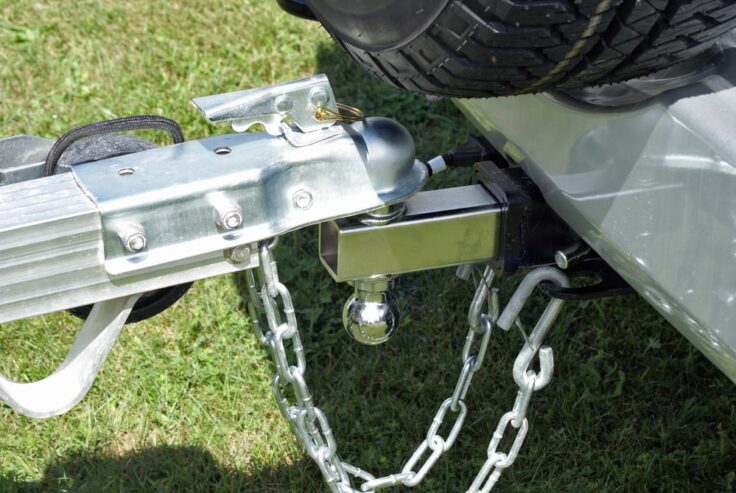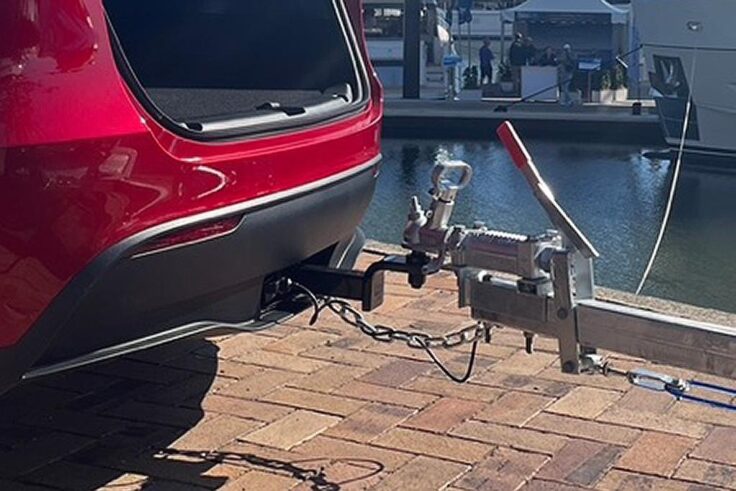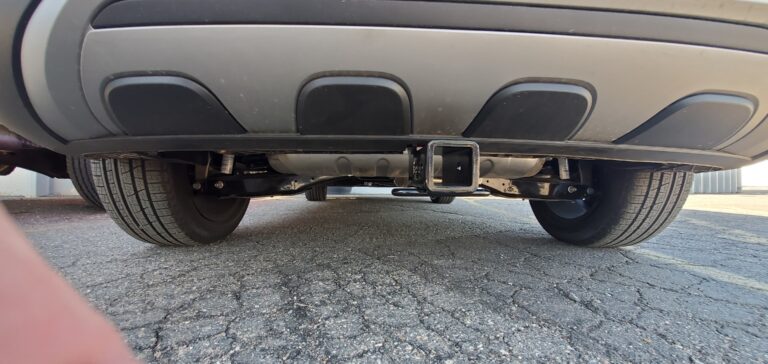Adding a trailer hitch to your vehicle opens up a world of possibilities—towing a trailer, mounting a bike rack, or hauling extra cargo for a road trip.
Modern vehicles come with detailed warranties, and the last thing you want is to lose valuable coverage because of an aftermarket modification.
The good news? In most cases, installing a trailer hitch does not void your vehicle’s warranty.
However, there are some important caveats and best practices to keep in mind. Let’s break it down.
Understanding How Vehicle Warranties Work

Before diving into trailer hitches specifically, it’s helpful to understand how warranties operate. Most new vehicles come with two types of warranty coverage:
- Bumper-to-Bumper Warranty: Covers nearly all vehicle components for a set period (typically 3 years/36,000 miles).
- Powertrain Warranty: Covers the engine, transmission, and drivetrain for a longer period (often 5 years/60,000 miles or more).
These warranties are designed to cover defects in materials or workmanship—not damage caused by accidents, misuse, or unauthorized repairs.
Will a Hitch Installation Void My Warranty Entirely?
No, not automatically. Federal law protects you.
In the United States, the Magnuson-Moss Warranty Act (passed in 1975) states that manufacturers cannot void your warranty simply because you used an aftermarket part or accessory, like a trailer hitch.
However—if that hitch causes damage or is installed improperly, then the manufacturer has the right to deny a warranty claim related to that damage.
Example Scenarios:
- OK: You install a hitch to carry a bike rack, and later your radio stops working. Your warranty still covers the radio.
- Not OK: You install a hitch and tow more than your car is rated for, damaging the transmission. The manufacturer may deny coverage for the transmission repair.
How Damage Affects Your Warranty

Warranties are very specific. They don’t just disappear because of one modification. Instead, they may be partially voided if the modification (in this case, the hitch) directly causes a problem.
What Can Go Wrong?
If installed incorrectly or used irresponsibly, a trailer hitch can contribute to:
- Frame damage from poor mounting
- Electrical issues from improper wiring
- Transmission failure from towing over your vehicle’s rated capacity
- Brake wear or failure from hauling heavy loads without a trailer brake system
In such cases, the manufacturer could argue the damage was caused by misuse or improper installation, and deny the related repair claim.
Tips to Protect Your Warranty When Installing a Hitch
If you want to install a hitch and keep your warranty intact, here are some important steps to follow:
1. Stay Within Your Vehicle’s Towing Limits
Every vehicle has a maximum towing capacity listed in the owner’s manual. Never exceed this limit. Doing so not only risks damage but gives the manufacturer a clear reason to reject a warranty claim.
2. Use a High-Quality, Vehicle-Specific Hitch

Stick to hitches that are specifically designed for your make and model. Universal hitches can create stress points or improper fitment. Well-known brands like Curt, Draw-Tite, and Reese offer vehicle-specific options.
3. Choose Professional Installation (If Needed)
While many hitches are bolt-on and can be installed with basic tools, others may require cutting, drilling, or complex wiring.
If you’re not confident, hire a certified mechanic or trailer hitch specialist. Keep the receipt and documentation in case you ever need to prove that it was installed properly.
4. Use a Manufacturer-Approved Wiring Harness
If you need to hook up trailer lights, brake controllers, or power connections, always use a wiring harness designed for your vehicle. Improper wiring can cause electrical issues, including damage to your computer system, which could void parts of your warranty.
5. Keep Documentation
Hold onto all receipts, installation manuals, and product specifications. If a warranty dispute arises, you’ll have evidence that the hitch was installed responsibly and according to best practices.
What About Factory Towing Packages?

Many SUVs and trucks come with a factory towing package—which includes a hitch, wiring, transmission cooler, and other components designed to handle towing safely. If your vehicle has one, it’s 100% covered under warranty.
If your car didn’t come with a factory hitch, adding an OEM hitch kit (from the dealership) is another option. These kits are designed and approved by the manufacturer, so they won’t jeopardize your warranty at all.
What Do Car Manufacturers Say?
Different automakers have different policies, but most align with federal law. Here’s a quick look at a few:
- Toyota: Aftermarket accessories won’t void warranty unless they cause the problem.
- Ford: Installing a hitch is fine, but warranty claims will be denied if the hitch or towing is the root of a failure.
- Honda: Towing above rated capacity can void powertrain-related claims.
- Subaru: Recommends using Subaru hitches and wiring for warranty assurance.
It’s always smart to check your owner’s manual or call your dealership service department for specifics.
Final Verdict: Can You Install a Trailer Hitch Without Losing Warranty?
Yes—you absolutely can install a trailer hitch without voiding your warranty. The key is to do it properly, stay within towing limits, and make sure any damage that occurs is not caused by the hitch or your towing practices.
Vehicle warranties are designed to protect you from manufacturer defects—not to penalize you for modifying your car responsibly. As long as your hitch is installed safely and your vehicle is used within its intended limits, your warranty remains valid.

